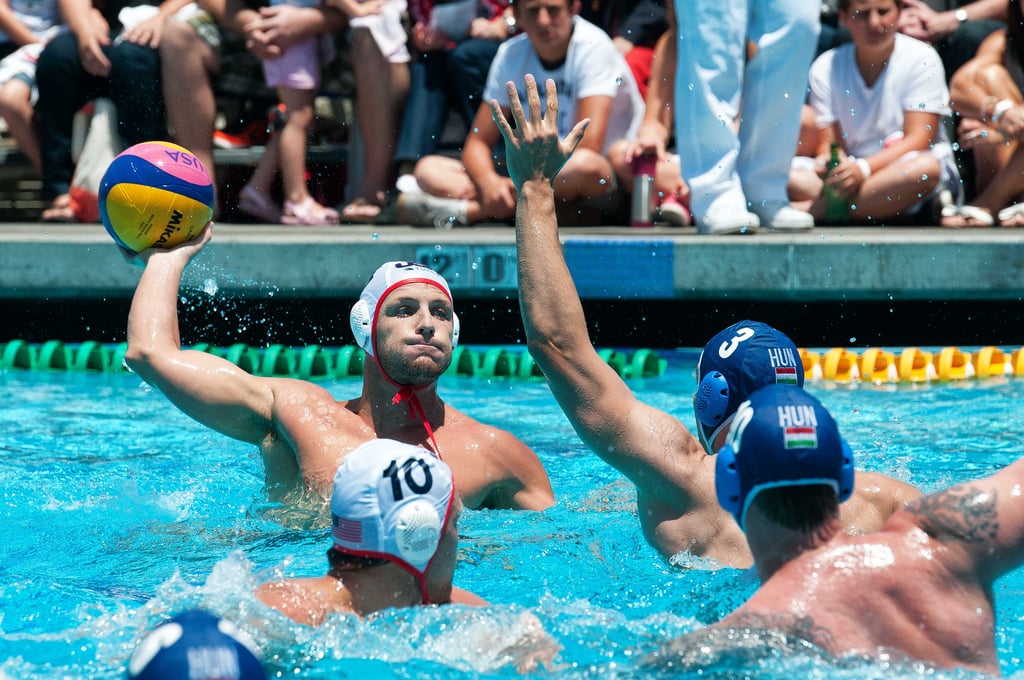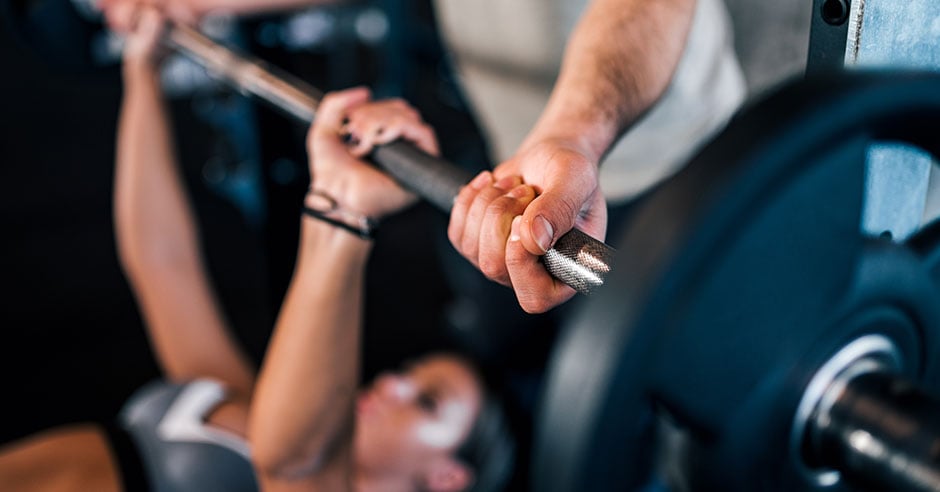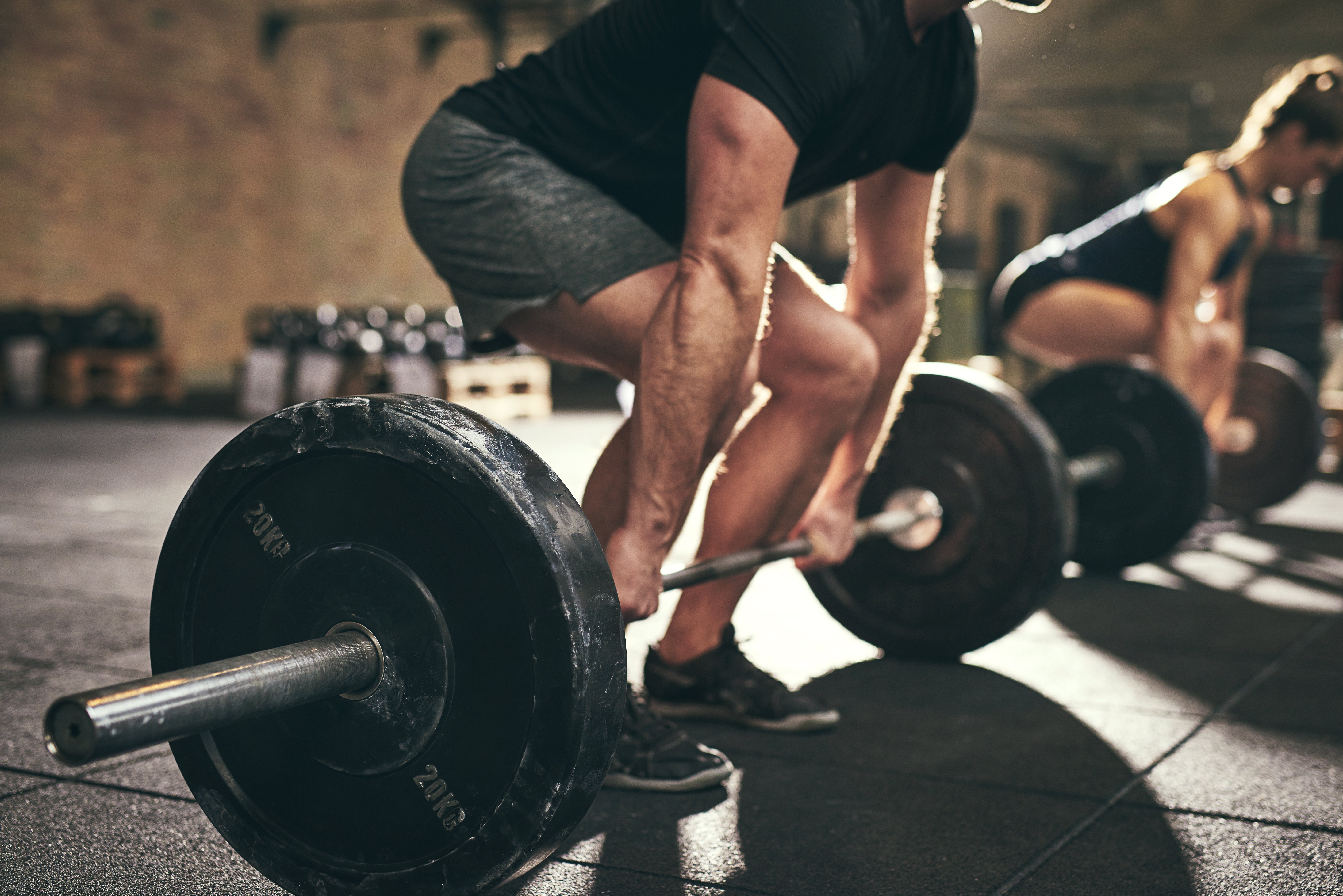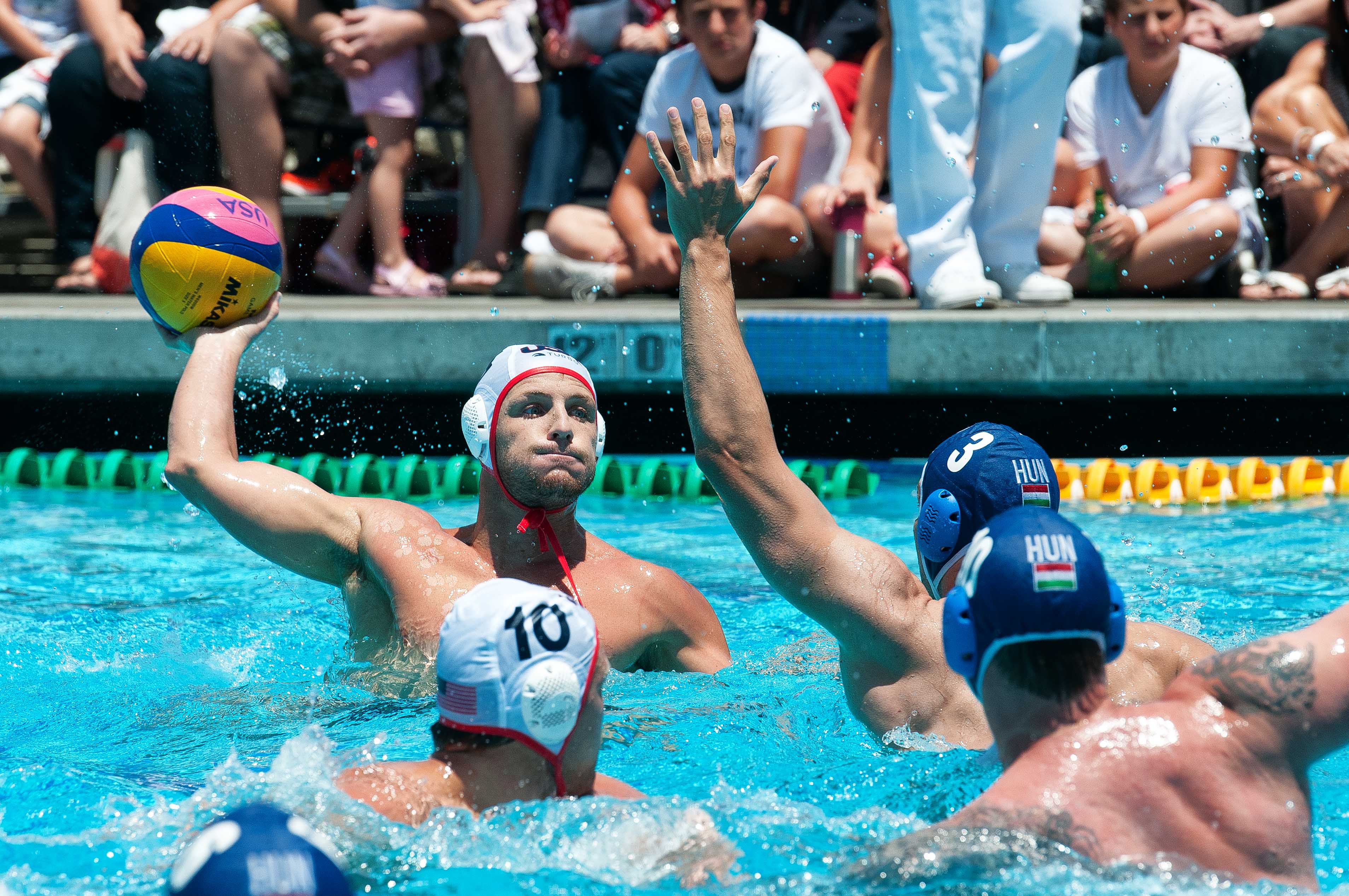How to Prepare for Water Polo Tournaments

Preparing for competition both mentally and physically is essential for the big day. From late night practices to intense strength and conditioning training, water polo teams have put in the hard work to get ahead of their competition. The weeks and days leading up to tournaments are crucial and there are many preparation aspects that go into maximizing player performance come game day.
Taper
Taper is a phase of strength training where volume and intensity decrease in an attempt to elicit recovery and reproduce top-end speed as players prepare for the upcoming competition. Nick Folker, former Director of Aquatic Performance at Cal Berkeley and BridgeAthletic’s co-founder, says, “The best way to taper strength training for water polo games is to start with the major competition dates and work backwards. Then, taper programs should be broken down for players based on their gender, experience, and training age.” The taper phase should last for 7-10 days prior to competition and workouts should maintain high intensity and decrease in volume. This will cause neural activation and help the brain reinforce muscle patterns that aid in advancing muscle memory. Implementing a tapering phase in strength training is essential for optimal athletic performance in the pool.
Pre-Competition Exercises
A large component of preparation is devoted to improving stability, mobility, and flexibility through the legs and hips, while engaging the surrounding supportive muscle groups. While legs are the foundation of an elite water polo athlete, athletes should combine lower and upper body movements. Here are a list of movements that provide full body activation and synergy from head to toe:
Lunge Series Rotation
Inchworm
Reverse Lunge Overhead Stretch
Jumping Jacks
Goblet Squat
Prone Scapular Retraction
Bend Over Windmill
90 90’s
Rest
Athletes must allow their bodies and minds to rest and recover prior to competition to perform their best during the entire tournament. This means that athletes should be getting high quality and quantity of nighttime sleep and add 15 to 30 minute naps to their daily routine. Additionally, athletes need to minimize the time they spend playing on their cell phones and watching television before bed in order to avoid over-stimulating their brain prior to sleep. Players should give themselves sufficient time to unwind mentally and rest their brain. This enables athletes to be fresh and ready to go as soon as the whistle blows. To learn more about customized recovery for collegiate athletes check out this article.
Recap
Properly preparing for tournaments is an extremely important component of maximizing player performance. Without spending sufficient time tapering and recovering, athletes are not able to perform at the highest level. To learn about more about water polo-specific strength training check out this blog.
Related Posts

The Best Bench Press Variation You’re...
This post is part of our Coaches Corner series with Taylor Rimmer. Taylor is NSCA-CPT, StrongFirst...

Does Powerlifting Harm Heart Health?
A recent study has discovered that a 12-week supervised strength training program (SSTP) may result...
-1.png)
Barefoot Running: Is It For You? |...
Run Free: Consider Less Cushion
Updated October 2020:
With more athletes looking for ways to...


